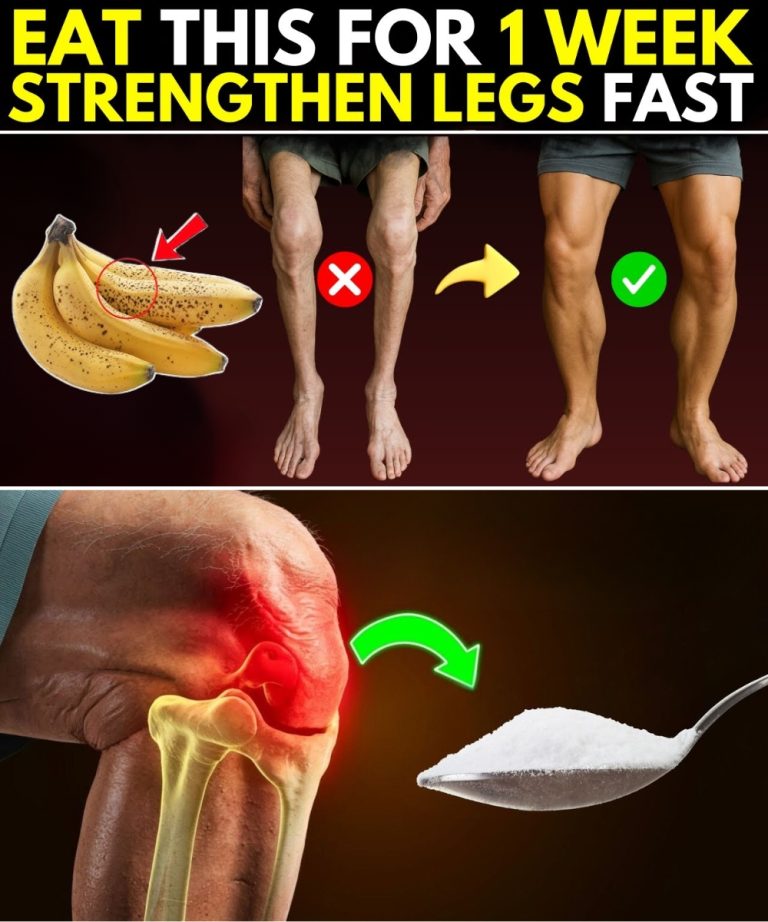ADVERTISEMENT
Vegetarian/vegan: Replace fish and dairy with tofu, fortified plant-based milk, beans, and leafy greens.
Gluten-free: Quinoa, oats (certified gluten-free), and lentils are great gluten-free grains and proteins.
Low-carb: Focus on high-protein options like eggs, chicken breast, fish, and leafy greens while minimizing grains.
Quick snacks: Mix nuts, seeds, and dried fruit for on-the-go bone and muscle support.
Smoothie upgrades: Add protein powder or nut butter for an extra muscle-building boost.
FAQ
Q: How much calcium do I need daily for bone health?
A: Adults generally require about 1,000 mg per day, increasing to 1,200 mg for women over 50 and men over 70. Eating a variety of calcium-rich foods helps meet this goal naturally.
Q: Can I get enough vitamin D from food alone?
A: While some foods like fatty fish and fortified dairy provide vitamin D, sunlight exposure also plays a crucial role. Supplements may be needed, especially in low-sunlight months.
Q: Which foods help with muscle recovery after exercise?
A: High-protein foods such as lean chicken, Greek yogurt, eggs, and legumes support muscle repair. Antioxidant-rich fruits and vegetables reduce inflammation.
Q: Are supplements necessary if I eat these foods?
A: Whole foods provide a balanced nutrient package that supplements can’t replicate. However, supplements might be recommended for specific deficiencies.
Q: How soon will I see benefits in bone and muscle health?
A: Bone density improvements can take months to years, while muscle strength may improve within weeks with proper nutrition and exercise.
ADVERTISEMENT
